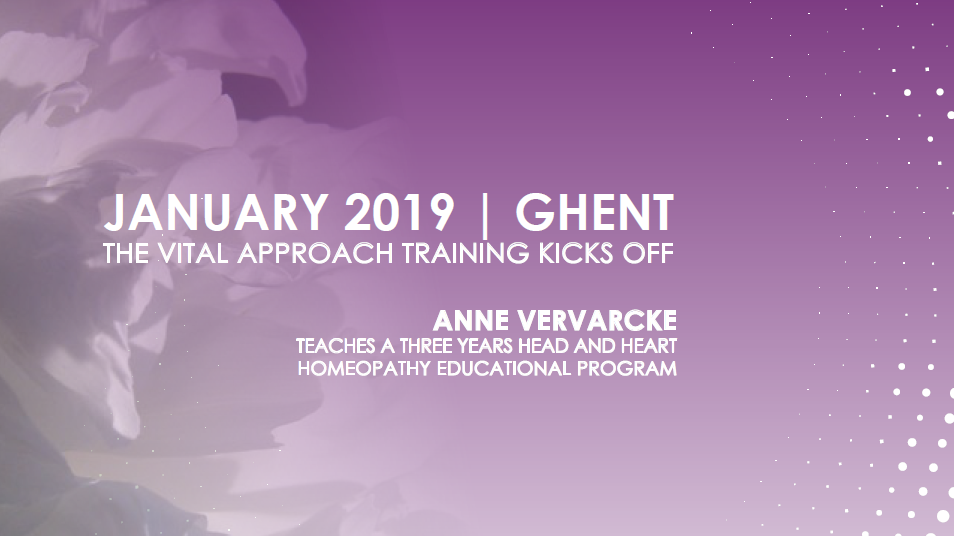To round up the importance of the context as we discussed in the last few posts, here is a summary of the different aspects:
A patient always has to be considered in his total context.
The homeopath as well as the homeopathic consultation operate in a certain context.
A word or expression has no meaning unless it is understood in its context.
Whether something is SRP depends on the context.
We could say this makes the difference between a paper case and a live case. In the former we miss the context and there is no such thing as ‘a patient’, ‘a homeopath’ or a ‘consultation’ without context. In the end all cases are live cases, aren’t they?
In the ‘Fridays with Anne’, Jost, my colleague interviewer asked me this very important question: ‘how to discern the Vital disturbance on level 3?’ We discussed how to spot the Vital on Level 1 and 2, which is not so difficult. On Level 4 we can ask for delusions and dreams and those most likely will give clear hits to the Vital Sensation. But what about Level 3, in the majority of case the bulk of our data? Can we use anything at all to prescribe on? Or is it just useless and superficial ‘story’ material. We know the patient usually is eager to tell us his story in length and we ‘have to’ listen to it, for some homeopaths a delight, for others a burden (even to the point that they’d tell the patient to skip his personal story altogether).
While it is certainly true that listening with full attention to the drama of the patient life’s story is demanding for the healer and requires lots of empathy, it’s not something we can simply disregard as not important. Even when it’s not necessary for the homeopath to know all the details, the patient wishes it to feel understood. And it’s by no mean ‘useless information’. But we have to know what is Vital and what is not.
Obviously everything that lists under common human reactions to circumstances is not. Grieving after a loss, worrying when a close family member is severely ill, being shocked after unexpected bad news, angry at a false accusation, and the like, are feelings one can expect. This also means that any unusual, inappropriate, out-of-proportion reaction most likely will point to the Vital Sensation underneath.
It’s also crucial to remind yourself the patient will never give a coincidental example; they are precisely chosen among millions of possibilities (unconscious of course) because they convey the sensation. Especially when the homeopath gets frustrated by all the stories the patient comes up with, and he fears to fail in reaching deeper levels, it’s helpful to know the sensation is hidden somewhere in there. It must be.
We should train ourselves to take nothing at all for granted. We will be surprised all of the time: by the repetition of the same feeling in different occasions and levels, by ‘free information’ we didn’t ask for, by sudden switch of topic, by illogical conclusions, by elaborating on seemingly trivial details.
We should be especially on guard when the patient gives us explanations: more often than not they don’t match the symptoms. As the state is first, the circumstances are the triggers and the explanation doesn’t really fit. The reaction of the patient was in fact already a present sensation but forced to the surface by the event or at least made felt to the patient.
So the conclusion is that ‘story’ is not useless bulk in our notes but almost always the ‘more of the same’ part of the intake that makes the previous statements made in the first part of the anamnesis now completely understandable.
And they are the stepping stone to the 5th level as we can ask more straightforward how the story is experienced by the patient.
And remember: the main faculty to develop for the homeopath is his ability to be surprised, surprised and again surprised. It is strange world out there!







